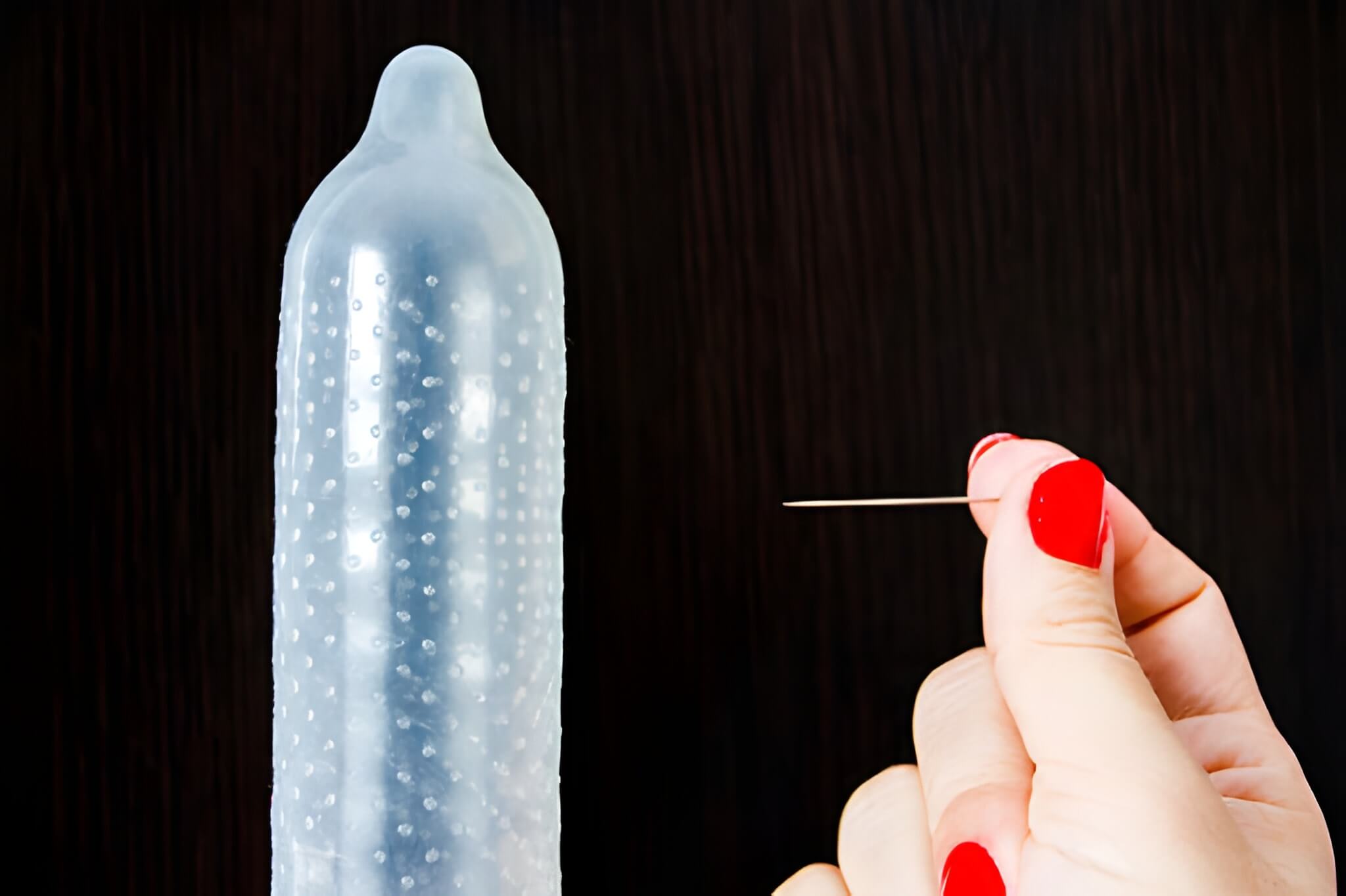Getting an intrauterine device (IUD) is one of the most effective ways to prevent pregnancy. But timing matters — especially if you’ve recently had unprotected sex. Many people wonder, what happens if you have unprotected sex before IUD insertion? Can you still go ahead with your appointment? Should you wait? Let’s break it all down clearly and calmly, so you know exactly what to expect.
Understanding How an IUD Works
An IUD is a small, T-shaped device placed inside the uterus to prevent pregnancy. There are two main types: hormonal IUDs (like Mirena, Kyleena, or Liletta) and copper IUDs (like ParaGard). Both work differently, but their goal is the same — to stop sperm from fertilizing an egg.
The hormonal IUD releases progestin, which thickens cervical mucus and thins the uterine lining, making it harder for sperm to reach the egg. The copper IUD releases copper ions that are toxic to sperm, creating an environment where fertilization cannot occur.
However, the key point to remember is that IUDs only prevent pregnancy once they are inserted. They do not offer any protection before placement. This is where unprotected sex before your IUD appointment becomes important to discuss.
What Happens If You Have Unprotected Sex Before IUD Insertion
If you’ve had unprotected sex in the days leading up to your IUD appointment, there’s a chance you could already be pregnant. Sperm can live inside the female reproductive tract for up to five days. If you ovulated during that time, fertilization may occur — even before your scheduled IUD placement.
Because of this, healthcare providers often perform a pregnancy test before insertion. If the test is positive or if your provider believes you might be in the early stages of pregnancy, they may postpone the procedure to avoid inserting the IUD during an undiagnosed pregnancy.
Why Pregnancy Testing Matters Before IUD Insertion
Pregnancy testing before IUD placement is standard procedure. Even if your test result is negative, your provider may ask questions about your recent menstrual cycle and sexual activity. If you mention that you had unprotected intercourse in the past week, they might delay insertion until it’s certain that no pregnancy occurred.
This is not to inconvenience you but to protect your reproductive health. Inserting an IUD during an undiagnosed early pregnancy can cause complications, such as miscarriage or infection.
What to Do If You’ve Had Unprotected Sex Recently
If you had unprotected sex shortly before your IUD appointment, contact your provider and explain the timing. Depending on when the intercourse happened, you might still have options:
-
Emergency contraception: If the unprotected sex occurred within the last five days, you may be eligible for emergency contraception. Interestingly, the copper IUD can also act as emergency contraception if inserted within five days of intercourse, reducing your risk of pregnancy by over 99%.
-
Rescheduling the appointment: If your provider feels it’s too early to confirm pregnancy status, they might recommend waiting one to two weeks before inserting the IUD. This ensures accuracy of testing and safer placement.
Sex Before IUD Replacement
If you already have an IUD and are going for a replacement, the rules are slightly different. Many people assume that protection continues uninterrupted, but timing still matters. If you have sex before IUD replacement, sperm can survive in your body for several days. If your provider removes your old IUD and delays inserting the new one, you could technically become pregnant.
That’s why it’s usually advised to use a backup contraceptive method — such as condoms — for seven days before your replacement appointment.
Why Some Providers Recommend Waiting Two Weeks Before IUD Insertion
You may have heard that some clinics recommend waiting up to two weeks before getting your IUD after unprotected sex. This waiting period isn’t random. It allows time for:
-
Any fertilized egg to implant, if conception occurred, so that pregnancy testing becomes accurate.
-
The provider to ensure no early pregnancy is missed.
- Your body to recover from hormonal fluctuations if you recently stopped birth control pills or another contraceptive method.
This “two-week wait” ensures that your IUD is placed safely and effectively, without the risk of interfering with a possible early pregnancy.
Can You Still Get an IUD After Unprotected Sex?
In many cases, yes — but it depends on timing. The copper IUD can be inserted within five days after unprotected intercourse and will still protect against pregnancy. In fact, it’s one of the most effective forms of emergency contraception available.
Hormonal IUDs, however, are not used for emergency contraception. If your provider is planning to insert a Mirena or Kyleena, they will want to confirm that you’re not pregnant before proceeding.
How to Prepare for an IUD Insertion Appointment
If you’re wondering how to prepare for an IUD insertion after having unprotected sex, here’s what you can do:
-
Be honest with your provider about when you last had unprotected sex. This information is vital for your safety.
-
Track your menstrual cycle to determine your likely fertile days.
-
Take a pregnancy test a few days before your appointment, or as your provider recommends.
-
Use backup contraception (like condoms) until the IUD is inserted and confirmed effective.
-
Avoid unprotected sex for at least seven days before your appointment if possible.
What If You Had Sex the Day Before IUD Insertion?
If you had sex right before your appointment, the risk of pregnancy depends on where you are in your cycle. If you weren’t ovulating, the chance of pregnancy is lower, but it’s still possible. Your provider may perform a pregnancy test or recommend delaying the procedure to ensure accuracy.
The Importance of Open Communication
It’s common to feel embarrassed discussing your sexual activity, but remember — your healthcare provider’s role is to ensure your safety, not to judge. Being open about unprotected sex helps them provide the best care and minimize risks.
Key Takeaways
-
Unprotected sex before IUD insertion may increase the risk of pregnancy.
-
Always inform your provider if intercourse occurred recently.
-
Emergency contraception may still be an option.
-
If necessary, delay insertion until pregnancy can be ruled out.
-
The copper IUD can be used as emergency contraception if inserted within five days after sex.
Final Thoughts from Meghan Killilea Galli, APRN, FNP-BC
The IUD is an excellent birth control option for many people, offering convenience, reliability, and long-term protection. However, timing your appointment carefully — especially after unprotected sex — is essential to ensure both safety and effectiveness. If you’re unsure, talk with your healthcare provider about your specific situation. A short delay is worth the peace of mind that comes from knowing your IUD is placed under the right conditions.
FAQs
1. What happens if you have unprotected sex before IUD insertion?
There’s a risk of pregnancy if unprotected sex occurs before your IUD appointment. Your provider may test for pregnancy or delay insertion to ensure it’s safe.
2. Can you have sex before IUD replacement?
Yes, but you should use backup contraception for seven days before the replacement appointment to prevent pregnancy if there’s a delay in inserting the new IUD.
3. Why wait two weeks before IUD insertion?
Waiting two weeks ensures accurate pregnancy testing and reduces risks associated with inserting an IUD during early pregnancy.
4. Can you get an IUD after unprotected sex?
Yes, but only a copper IUD can be used as emergency contraception within five days after sex.
5. What should I do if I had unprotected sex the day before my IUD appointment?
Inform your provider right away. They may recommend a pregnancy test or rescheduling the insertion.
Disclaimer: This is informational content, not a substitute for professional medical advice.

Meghan Killilea Galli, APRN, FNP-BC, is a Connecticut-based board-certified Family Nurse Practitioner with over 5 years of experience in urology, women’s pelvic health, and primary care. She practices with Hartford HealthCare and Griffin Faculty Practice Plan and founded Health Gardeners to share reliable, evidence-based health information.
Read More

